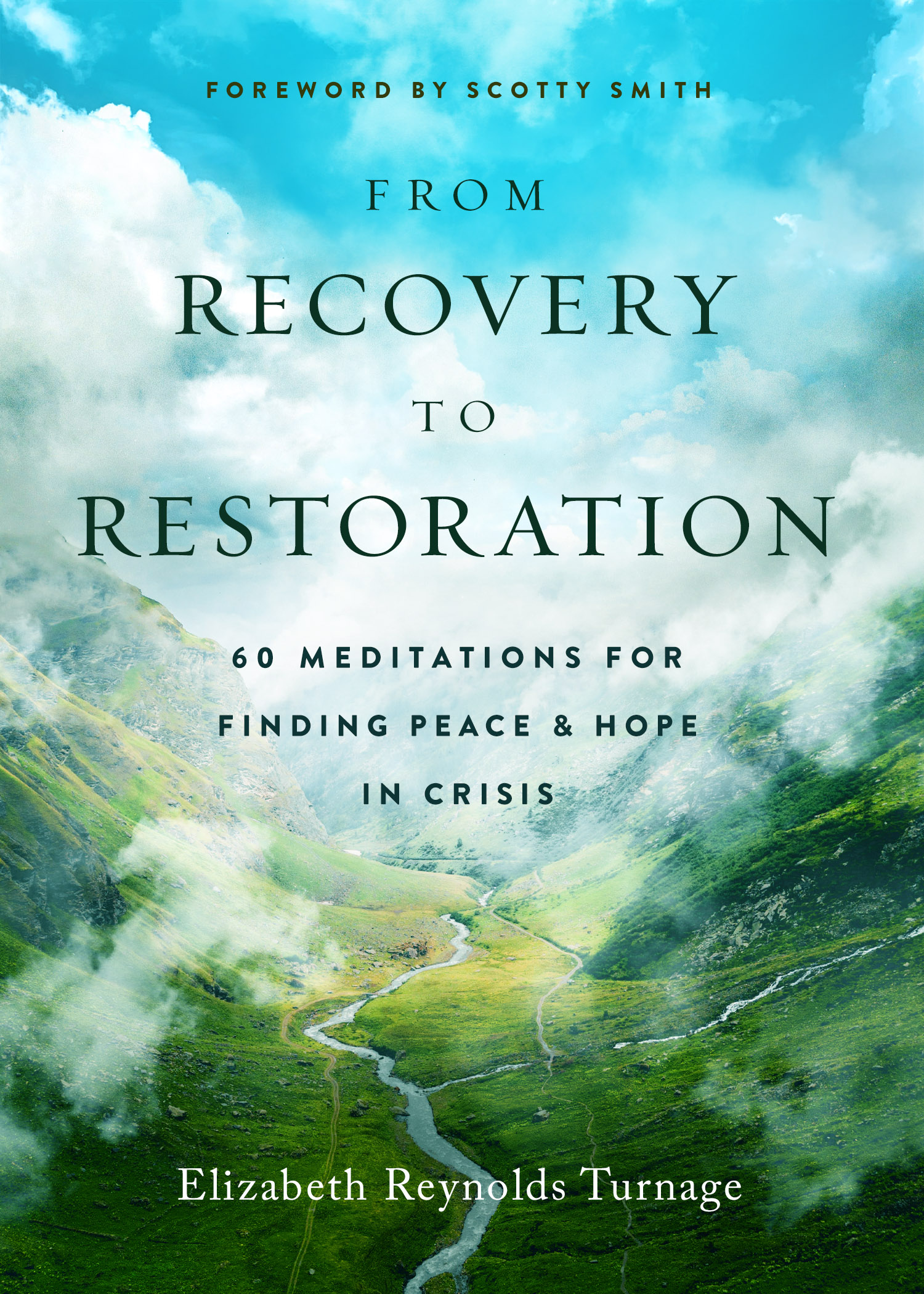
How to Pray the Bible back to God
Dear God, thank you for all the people who are sick…
So went one of the oft-repeated prayers of our young children in our after-dinner prayer times around the table. We still laugh about how that awkward prayer got stuck on auto-play.
Although we chuckle at our children thanking God for sick people, many adults have a similar problem with prayer: we tend to repeat ourselves, sometimes to the point of monotony.
My nighttime prayers with my husband often follow the same sleepy pattern, beginning, “Dear Lord, thank you for this day…” and ending, “Please help us rest well tonight.” Nothing wrong with that, especially for a weary woman at the end of the day. Except that, as Donald S. Whitney explains in his wonderful little classic, Praying the Bible, we can easily get bored when we pray the same thing about the same things over and over.
Everyone, he explains, prays about similar subjects: family, friends, future, work (schoolwork), church, ministry, the world, and whatever “current crisis” we or people we know and love are facing. That’s normal and fine, he says. The problem comes when prayer bores us because we are praying the same things about the same subject over and over and over. Whitney offers a simple, obvious solution. So obvious that it’s puzzling why we don’t do it more often:
He suggests that we pray the Bible, God’s Word, back to him. Jesus did it (Luke 23:46; Matt. 27:46). The church did it (Acts 4:23-26). Why shouldn’t we do it?
Whitney gives a short, easy approach to using the Psalms to pray for the things we normally pray about.
- Pick a Psalm from one of five based on the day of the month. For example, on the seventh of the month, I would look at Psalm 7, Psalm 37, Psalm 67, Psalm 97, and Psalm 127. I would choose one of those to pray back to God.
- Start with the first verse. Let’s say I choose Psalm 127. Verse one reads,
“Unless the Lord builds the house,
Those who build it labor in vain.”
Ask: How might this verse relate to the things I’m praying about? This is where I personally fold in the Adoration, Confession, Thanksgiving, Supplication structure and ask, “How does this verse help me adore God or confess something to God or thank God or supplicate (ask him for something)?
I might say, “Lord, thank you for building our house, for giving us a family in which our children and children-in-law know you as Savior.”
Or, I might ask, “Help us not to try to build things in our own strength.”
Or, I could confess, “Lord, sometimes I try to build my ministry (do my work) in my own strength.”
I could pray for our church, “May our church be a house of worship built by you; may our labor to bring the gospel to the world not be in vain.”
I could lift up my friends who are suffering: “Help my friend to see how you are working to make them into a glory-built house through their [chronic illness, addicted child, betrayal by a friend].”
Continuing to the second part of verse one, more prayers come to mind:
“Unless the Lord watches over the city,
The watchman stays awake in vain.”
“Lord, I confess that too often I think I am the best watchwoman for my children and loved ones. Help me to trust you with their care.”
“Lord, protect our older son as he travels to and from Chicago for grad school, our younger son as he travels home from France; protect our other children as they drive down to the beach to be with us.”
Because they were composed as songs to be sung in worship, the Psalms are well-suited for praying. As you become accustomed to praying the Psalms, you will begin to see how to pray other passages of Scripture. This skill will come in handy when you want to pray about a particular matter or when you want to pray the passage on your daily Bible reading schedule.
For example, I was recently reading Luke, so I copied the verse, “And Jesus increased in wisdom and stature and in favor with God and man” (Luke 2:42) in my prayer journal underneath my children’s names. For the month of August, I prayed daily that God would increase my children’s wisdom and stature (integrity), that he would grow them in grace.
Ready to give it a go? Here’s Psalm 127 in its entirety. Try forming your own prayer (maybe even writing it down). Think of how you can Adore God, Confess to God, Thank God, or Supplicate (Ask) God with the verses. If you try this or pray Scripture regularly, I’d love to hear about your experience.
127 Unless the Lord builds the house,
those who build it labor in vain.
Unless the Lord watches over the city,
the watchman stays awake in vain.
2 It is in vain that you rise up early
and go late to rest,
eating the bread of anxious toil;
for he gives to his beloved sleep.
3 Behold, children are a heritage from the Lord,
the fruit of the womb a reward.
4 Like arrows in the hand of a warrior
are the children of one’s youth.
5 Blessed is the man
who fills his quiver with them!
He shall not be put to shame
when he speaks with his enemies in the gate.
Get Hope for Troubling Times
Advance Review for From Recovery to Restoration
"When the storms of life crash into our lives, the devastation left behind is often overwhelming. Recovery and healing is slow and arduous. Elizabeth Turnage's devotional is for all those laboring toward recovery. From Recovery to Restoration is a hope-filled, gospel-laced, and Christ-exalting book which invites us into God's story of redemption and helps us see how he is at work to redeem and restore all things, even the aftermath of our personal losses, heartaches, and trials."
Christina Fox
Writer, Counselor, Speaker
author of A Heart Set Free: A Journey to Hope Through the Psalms of Lament.

